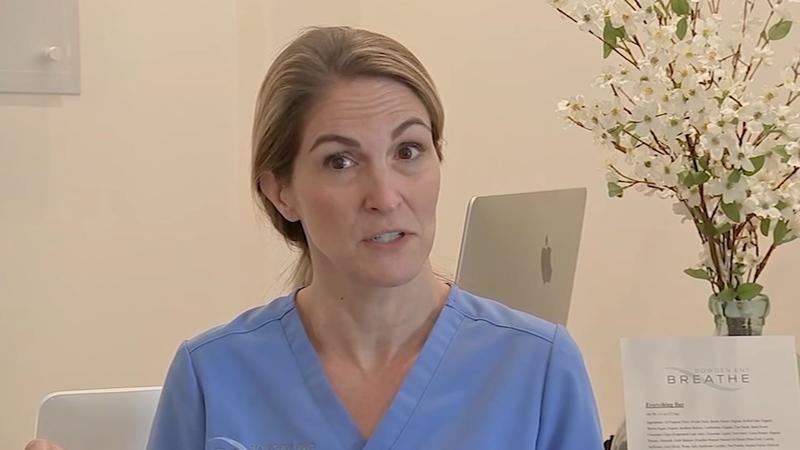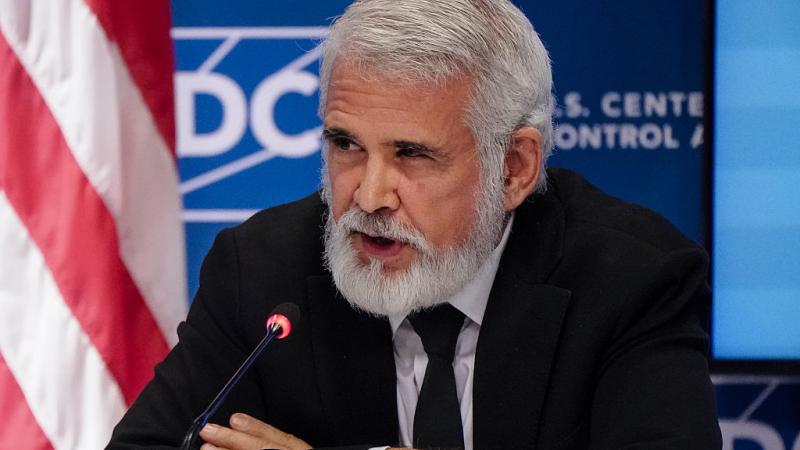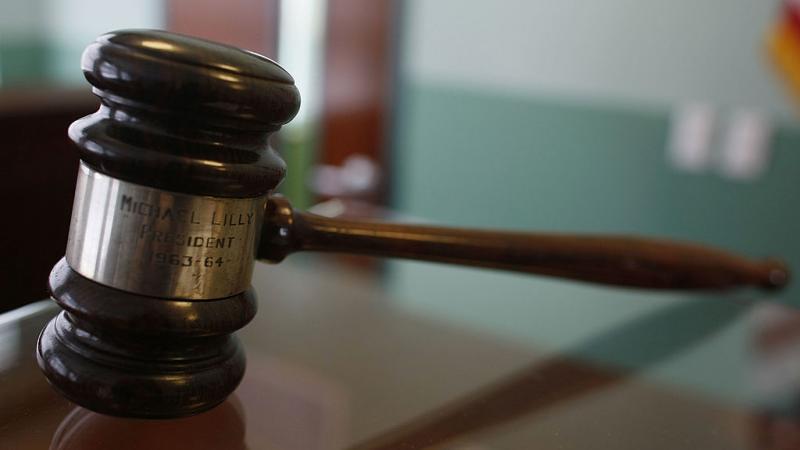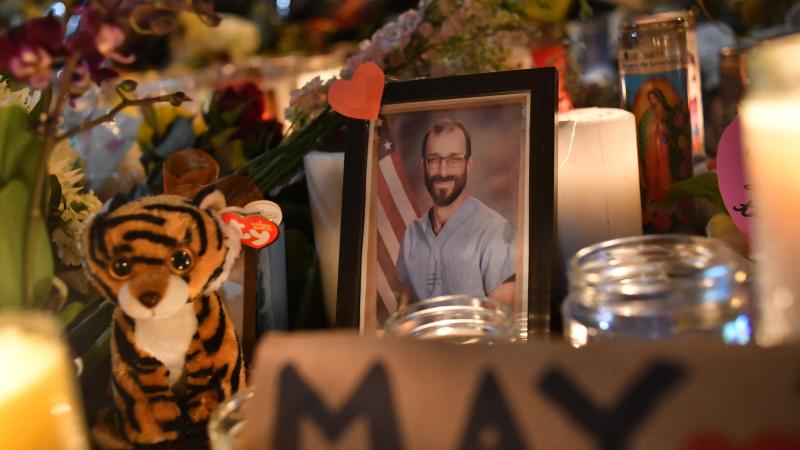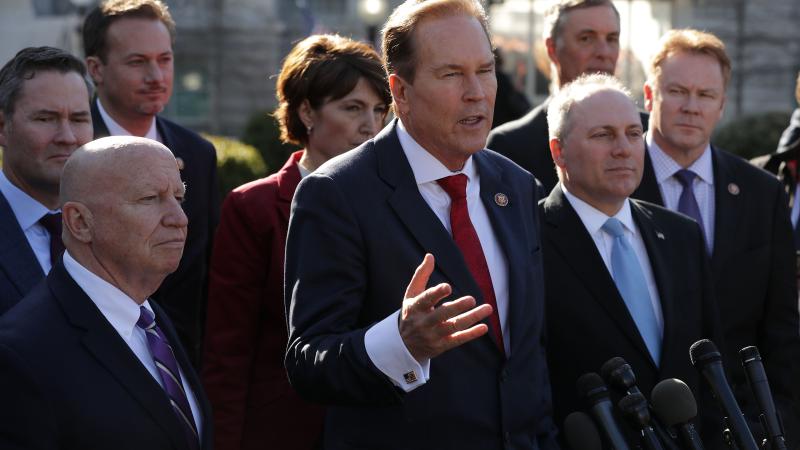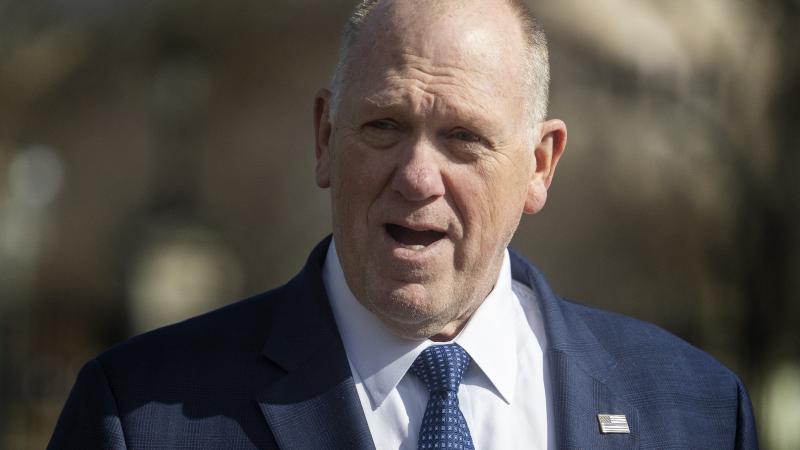Science journal buries high myocarditis risk from COVID vax, claims shot reduces heart attacks
Journal trumpets no effect on "most" autoimmune connective tissue diseases over 620% myocarditis increase in Korean study. Cardiovascular study is missing "falsification testing" to rule out things "like car accidents or non-covid mortality," critic says.
A science journal published studies last month that alternately claimed COVID-19 vaccines vastly increase the risk of myocarditis, and lower the "incidence of common cardiovascular events" more than raising "known rare cardiovascular complications" such as myocarditis.
The July 23 study of 9.2 million South Koreans in Nature Communications, sibling to the better-known Nature, did not lead with the myocarditis results. The July 31 study of 45.7 million Britons emphasized how much greater the purported vaccine benefit was.
The differing emphases in two COVID vaccine studies published eight days apart in the same Springer Nature journal comes a year after Stanford medical professor and Great Barrington Declaration coauthor Jay Bhattacharya warned about the "concoction of pseudo-consensus in science and its ramifications for our society."
Nearly two years ago, Stanford Med's Robert Kaplan, UCLA medical and public health professors Patrick Whelan and Sander Greenland, and British Medical Journal senior editor Peter Doshi estimated a 1-in-800 rate of serious adverse events in adults following mRNA vaccination based on Pfizer and Moderna trials, staggeringly high relative to previous vaccines.
The South Korean paper's corresponding author Solam Lee told Just the News that "any reviewers, editors, or Nature Communications did not exert any influence on our research or its findings."
Nature Communications did not respond to Just the News queries Monday on its editorial choices regarding the portrayal of myocarditis in the two studies. The corresponding author of the British paper didn't respond either.
The South Korean study's findings got noticed and publicized by Robert F. Kennedy Jr.'s vaccine-skeptical Children's Health Defense days before the British study was published.
The study’s purpose was nailing down the association between mRNA vaccination and "autoimmune connective tissue diseases," finding that jabs did not increase the risk for developing "most" AI-CTDs except for a 1.16-fold risk for the most common form of lupus relative to the "historical control cohort," composed of people two years before their vaccination.
The study did find that boosting — a third dose — was "associated with an increased risk of some AI-CTDs including alopecia areata, psoriasis, and rheumatoid arthritis." The data came from National Health Insurance Service and Korea Disease Control and Prevention Agency databases, which cover 99% of the population and its COVID vaccination profiles.
The authors, all from Yonsei University's Department of Dermatology, didn't use unvaccinated people as controls for fear of "inappropriate cohort selection and potential selection bias." (South Korea's two-dose vaccination rate was already nearly 97% in October 2022.)
CHD Chief Scientific Officer Brian Hooker said he was perplexed the authors took it as "ho hum" that myocarditis, pericarditis and Guillain-Barré syndrome were associated with vaccination, as if those serious adverse events weren't worth reconsidering the value proposition.
The authors said they used those serious adverse events as "positive control outcomes" to validate their findings on the AI-CTDs.
The adjusted hazard ratio for myocarditis was 7.20 at the 99% confidence interval, meaning a 620% greater risk following vaccination, though the CI was wide (4.37-11.86). The CIs were far narrower for pericarditis and GBS, with aHRs of 2.75 (175% increased risk) and 1.62 (62%).
Only mentioned in a figure: Females had twice the aHRs of males for myocarditis and pericarditis, though the CIs were also wide.
New study out of Korea shows 9-fold increase in myocarditis after COVID mRNA injections, and yet the "scientists" conclude they should do more study on .... skin diseases??? WHAT? https://t.co/y27W8tttFY
H/T: Dr. Willie Soon pic.twitter.com/Ur3dZAeyGK— Alex Newman (@ALEXNEWMAN_JOU) July 24, 2024
The increased risk for bullous pemphigoid, a blister condition that primarily affects elderly people, was 53% overall but three times higher for women specifically. The authors pointed this out in the text, unlike for the sex disparity on heart inflammation.
About 2.2 million people had a third dose in the vaccination cohort, and their increased risks of alopecia areata, psoriasis and rheumatoid arthritis compared to non-boosted people were 12%, 16% and 14% respectively.
The authors warned that the booster finding "should be interpreted cautiously" because a third jab can restore waning efficacy and reduce COVID severity. They also referred to "healthy vaccine effect," which refers to an overestimation of vaccine efficacy by virtue of healthy people being more likely to get jabbed, to caution on the booster finding.
Lee, the corresponding author, told Just the News the study was "primarily and specifically designed to examine the incidence" of AI-CTDs.
"Consequently, the analysis regarding myocarditis in our study was not finely tuned, and our research does not aim to assert an increased risk of myocarditis," Lee said.
Regarding the British study, Lee said "I believe it may not be appropriate to directly compare the results of these studies on a one-to-one basis."
The British study got far more attention by virtue of NBC News analyst Vin Gupta of the University of Washington's Institute for Health Metrics and Evaluation, known for its early alarmist COVID models and claim that cloth masks could save 30,000 lives in three months.
As others have noted, this type of result isn’t what the legions of white coats who continue to spread misinformation were hoping for —>
Real science, published in the world’s signature and most prestigious medical journal.
Accountability is coming to the misinformer near you! https://t.co/SBgI28kkmZ— Dr. Vin Gupta (@VinGuptaMD) August 2, 2024
Echoing Gupta's faith in modeling studies, the paper claims COVID vaccination saved 14.4 million lives in the pandemic's first year based on a mathematical model.
It also asserts that the first vaccine dose "led to an overall reduction in cardiovascular events" and purports to study the effect of the second and third doses, using the National Health Service England Secure Data Environment and Office of National Statistics death registrations.
"The incidence of common arterial thrombotic events (mainly acute myocardial infarction and ischaemic stroke) was generally lower after each vaccine dose, brand and combination," as was "common venous thrombotic events, (mainly pulmonary embolism and lower limb deep venous thrombosis)," the authors wrote.
They used the word "rare" 10 times in the study's body, always referring to cardiovascular adverse events following vaccination — myocarditis for mRNA vaccines and "vaccine-induced thrombotic thrombocytopenia" for adenovirus-based vaccines.
The study "offers reassurance regarding the cardiovascular safety of COVID-19 vaccines," the authors conclude. "We hope this evidence addresses public concerns, supporting continued trust and participation in vaccination programs and adherence to public health guidelines."
NBC's Gupta argued that this "result isn’t what the legions of white coats who continue to spread misinformation were hoping for," in a post on X Aug. 1.
University of California San Francisco epidemiologist Vinay Prasad, an expert in trial design, wrote in his newsletter Aug. 3 that those who accept the paper's "conclusions at face value are not good at reading medical science."
The first problem is the paper glides over its own data by assuming "the people who get 0 doses [are] similar to those who get 1,2, and 3 doses," Prasad wrote. He also made an accompanying video.
It uses a geography-based poverty measurement that shows those who are most deprived and current smokers are far more likely to be unvaccinated or not boosted than those least deprived and who formerly or never smoked. Prasad doesn't care for the variable because it doesn't compare "individual household wealth and income among vaccine recipients."
The authors didn't try to measure the "residual confounding" of healthier people having fewer heart attacks in general — not because they are "obedient" and keep getting jabbed — and those who plan to get boosted but have cardiac events first, Prasad said.
He suggested he was most baffled by the journal's failure to demand "falsification testing" from the authors — "the rate of things that boosters could not possible lower, like car accidents or non-covid mortality" — and their atypical finding that subsequent doses have even greater effects than the first dose.
The Facts Inside Our Reporter's Notebook
Videos
Links
- July 23 study of 9.2 million South Koreans
- July 31 study of 45.7 million Britons
- Jay Bhattacharya calls the "concoction of pseudo-consensus
- 1-in-800 rate of serious adverse events
- Children's Health Defense
- most common form of lupus
- https://t.co/y27W8tttFY
- pic.twitter.com/Ur3dZAeyGK
- July 24, 2024
- NBC News analyst Vin Gupta
- early alarmist
- COVID models
- cloth masks could save 30,000 lives in three months
- https://t.co/SBgI28kkmZ
- August 2, 2024
- post on X Aug. 1
- Vinay Prasad, an expert in trial design, wrote in his newsletter Aug. 3
- Prasad wrote in his newsletter Aug. 3
- accompanying video
